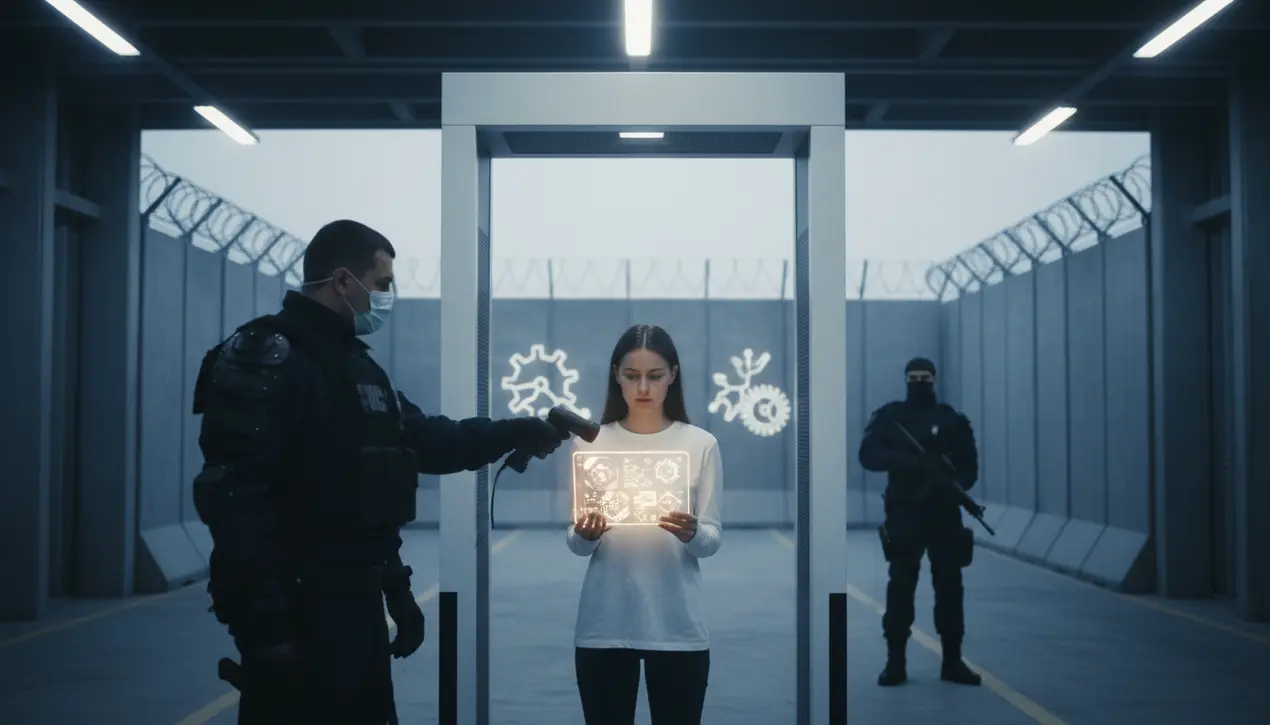
Politicsprotests & movementsMass Demonstrations
The Peril of Hope: Why Envisioning a Better Future Sparks Fear
MI
Michael Ross
15 hours ago7 min read1 comments
We live in an era where the very act of imagining a better world is often perceived as a dangerous proposition. This represents a profound cognitive shift, a philosophical pivot where utopian ideals are no longer seen as aspirational goals but as existential threats to the established order.This phenomenon is rooted in the 20th century's legacy of failed grand narratives—from communism to techno-utopianism—which promised paradise but frequently delivered dystopia, seeding a deep and lasting skepticism. Today, that skepticism has been weaponized.Proposals for systemic change, such as Universal Basic Income, are immediately met with fears of economic collapse and the decay of the work ethic, echoing historical anxieties but on a global scale. The discourse around transformative technologies, especially artificial intelligence, is similarly polarized, split between visions of a post-scarcity utopia and warnings of an uncontrollable force that could make humanity obsolete.This dynamic mirrors a reverse-psychohistory, where the fear of a predictable, managed future—a concept from Isaac Asimov's fiction—provokes a powerful backlash against planning and progress. Policymakers and corporate interests, acting as guardians of the status quo, often have a vested interest in framing systemic change as inherently dangerous, thereby justifying cautious incrementalism over genuine transformation.Ethicists are divided: is this caution a prudent application of the precautionary principle, or a new form of intellectual suppression that stifles the innovation we desperately need to solve global crises? The consequences are severe. When a society begins to treat its most hopeful visions as threats, it risks ideological paralysis, becoming incapable of mustering the collective will to confront climate change, rampant inequality, or the ethical challenges of AI.We are now navigating a narrow passage between the Scylla of catastrophic risk and the Charybdis of permanent stagnation. This dilemma demands not less imagination, but more—coupled with a sophisticated and resilient framework for navigating the profound perils and promises of the futures we dare to envision.
#social commentary
#political dissent
#imagination
#societal threats
#protests
#editorial picks news
Stay Informed. Act Smarter.
Get weekly highlights, major headlines, and expert insights — then put your knowledge to work in our live prediction markets.
Comments
Loading comments...
© 2025 Outpoll Service LTD. All rights reserved.